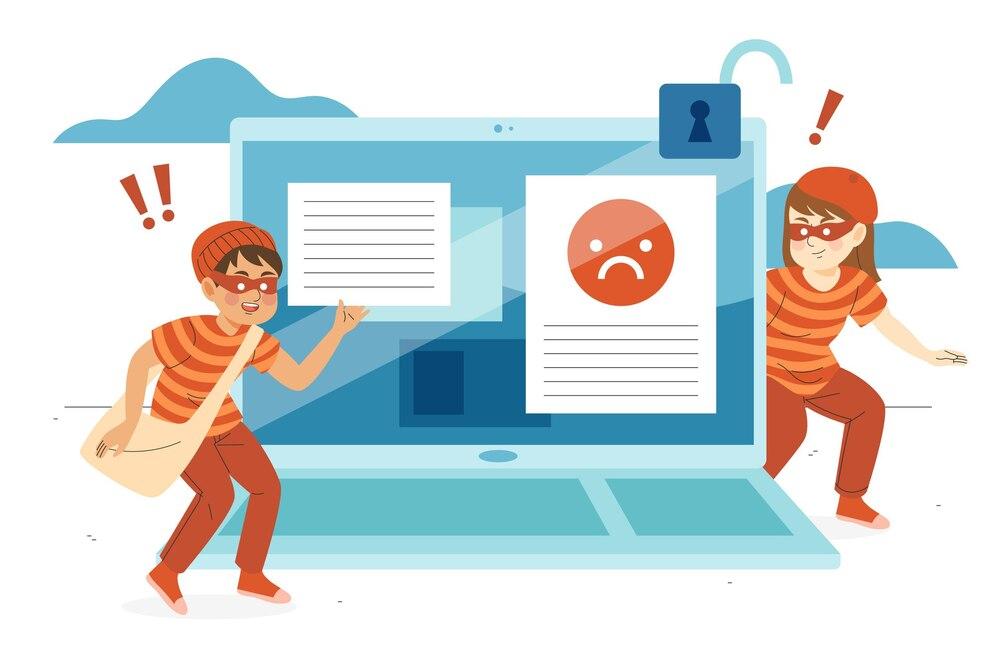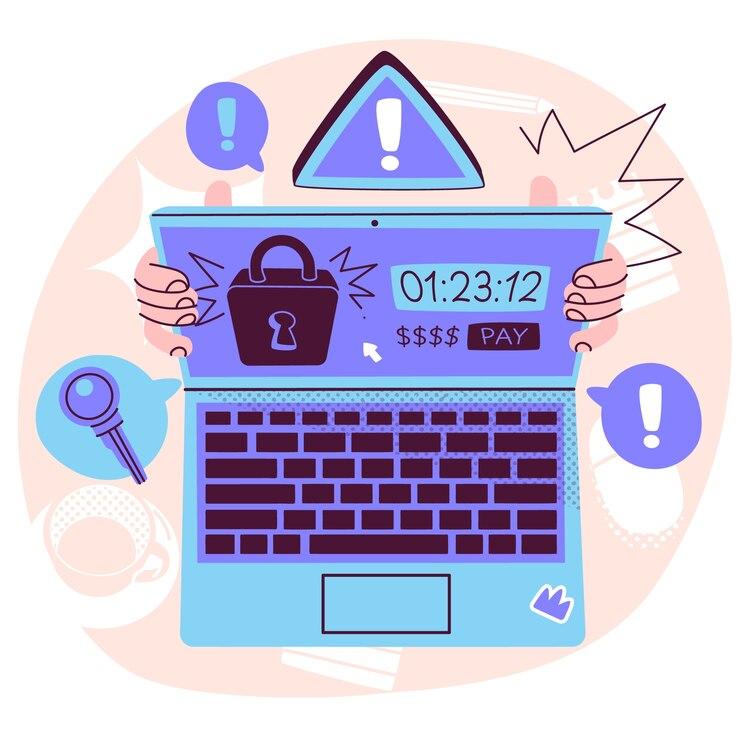The field of freelancing is becoming increasingly attractive to many people seeking work flexibility and the ability to earn money from home. However, like any other field, there are risks involved. Fraud in remote work has become commonplace. Every day, freelancers face deception from clients or platforms.
Understanding Freelancing and Its Risks
Freelancing is a form of work where a person completes tasks on a contract basis without official employment. Working with clients from around the world, freelancers have the opportunity to earn money without being tied to one place or employer. However, such freedom also has its dark side. Problems with communication with unfamiliar people, lack of personal contact, and the need for trust can lead to various forms of fraud.
One of the main risks is the lack of control over payments. Some clients may try to evade payment or, worse yet, deceive the freelancer by providing false information. Checking the client, their reputation, and offers becomes a priority task for every freelancer.

Types of Freelance Scams
To effectively protect against fraudsters, you need to understand which deception schemes are most common in the freelance field.
Advance Payment Scam
One of the most common scam schemes is when a client offers a freelancer to make an advance payment for completing a task. After the freelancer sends the work, the client may disappear and also cancel the payment. Often, scammers use fake documents to gain the ability to dispute and refund the funds.
Freelancers should carefully verify clients before agreeing to an advance payment. It is recommended to use platforms with client and performer protection systems.

False Offers
It is not uncommon for scammers to create attractive job offers with deliberately inflated pay. These offers usually contain grammatical and stylistic errors, which should alert the freelancer. Scammers may also offer freelancers jobs that do not actually exist. After communicating with the client, they may convince the performer to pay some amount for "project access" or "qualification verification."
Of course, it is tempting to receive high pay for simple work, but remember, if something seems too good, it probably is.
Participation in Fake Platforms
There are fraudulent platforms that behave like legitimate ones but are actually designed to deceive freelancers. They may promise incredible working conditions, but in reality, such platforms do not provide protection for performers' rights. After registering on such a platform, freelancers may face order cancellations, payment unavailability, and even account hacking.
Before registering on a new platform, it's important to do research. Look for reviews about the platform, study ratings, and check if they have a protection system.

How to Protect Yourself from Scams
Protection against scammers involves not only preliminary client verification but also using certain strategies during work. What precautions can help minimize the risk of fraud?
Checking Client Reputation
Before starting work with a new client, it's important to check their reputation. There are special platforms where reviews about clients are posted. These reviews can be a main indicator of a client's reliability. If a client has many negative reviews or lacks reviews altogether, it might be a sign to avoid this client.
Using Safe Platforms
There are many platforms that provide protection for both freelancers and clients. Platforms like Upwork, Freelancer, and others often offer escrow options where money is held until the work is completed. This way, the freelancer can be sure that their work will be paid for.
Additionally, many platforms have their own support service that can help resolve conflicts between the client and the performer.
Dividing Work into Stages
When a contract job is large or complex, it's a good idea to divide it into stages and receive payment for each achieved result. This can protect you from a situation where you complete all the work and don't get paid. By using this rule, you can minimize your risks.
Signing a Contract
An oral agreement may be unacceptable in freelancing. Always sign a contract with your clients. Such a contract should describe all aspects of the project: goals, deadlines, payment terms, and responsibilities of the parties. Having a written contract increases the chances of proving your case in case of a dispute.
Conscious Approach to Freelancing
One of the important aspects of a freelancer's work is the ability to react to emerging risks. It is necessary to understand that fraud can occur for several reasons. A conscious approach to freelancing requires attentiveness and the ability to ask the right questions.

It's important to understand that success and safety in freelancing depend on personal responsibility, a verification system, and trust you build with your clients. Don't give up if you encounter fraud. Every negative experience is an opportunity to learn and improve your skills in the future.
In conclusion, freelancing is a great opportunity to earn money, but like any business, it requires a cautious approach. By knowing the typical fraud schemes and taking precautions, you will be much better able to avoid scams. By working smartly and consciously, you'll discover new horizons in the world of remote work while staying protected from unpleasant surprises.
